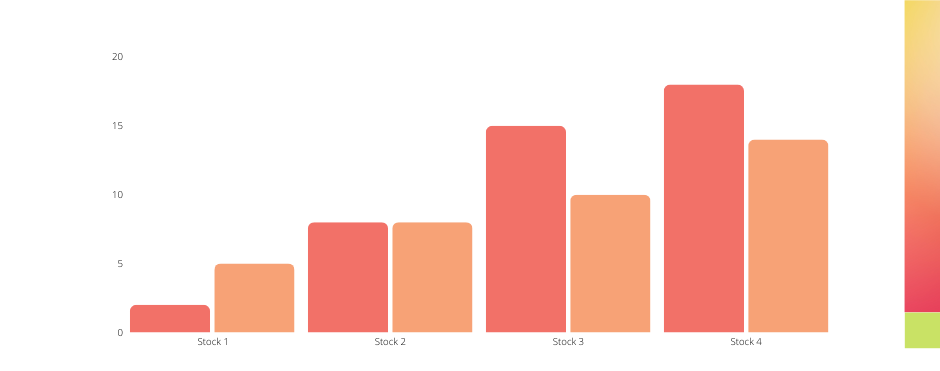Data is important regardless of the size of your company. It is true that bigger businesses have bigger teams and finances; they can afford to gather and analyse more data than smaller businesses. However, the advantages of analytics extend beyond scale; they also provide you with a competitive advantage in the quick-paced market of today. Knowing what data will help your business the most can help you use your time and resources effectively.
What is data and why is it important?
This question may seem like common sense at first, but there are a lot of things that affect it!
Data is, first and foremost, the compilation of facts and figures for analysis or reference. Thanks to developments in software, we can store vast amounts of data in one place.
Data is more than just numbers. It is no longer merely a tool for reviewing past events. We can use it to make better decisions and gain insight into potential future events. An organisation must have a data-driven culture to confidently make better business judgements.
Getting a competitive edge over rivals is one of the most prevalent reasons businesses place a high value on data.
- What can we do to make our product better?
- How can we help our clients get what they need from us more quickly and easily?
- How do we draw in clients who are prepared to part with their hard-earned cash for our goods/services?
- In what ways do we retain clients who choose us over our rivals?
- Above all, how can we outperform the competitors and expand as a company?
The solution to each of these questions is straightforward: data!
Data may be used to predict future demand, manage inventories, and establish product prices. In fact, businesses that leverage data insights see an average 44% gain in revenue, according to Forbes. To put it another way, data helps you better understand what your customers need so that you can provide it to them when they need it.

Business data... What is it?
Most people instantly think of numbers and statistics when they hear the term “business data.” However, there are a number of different kinds of business data:
Internal Data: This category of data originates from business transactions, including customer records and point-of-sale systems. It gives you information on the organization’s financial health and how your business runs. Any additional information pertinent to management, such as productivity figures and managerial performance indicators, is considered internal data.
External Data: Analysing patterns pertaining to customers, rivals, markets, and suppliers is the main goal of external data. This category also includes government and trade periodicals, trade associations, and outside sources.
Marketing: Information about consumers’ tastes and behaviours is referred to as marketing data, and it is utilised to target certain people with messages that are specifically customised to them. Customers’ interactions with your business through social media, web cookies, and advertising retargeting are examples of this kind of data.
Structural: Building plans or blueprints that specify how structural components should be arranged in a certain location are examples of the structural data that is used to construct or remodel physical infrastructure. For this reason, data scientists also frequently employ mapping tools.
Why is data necessary?
You want it to work hard for you and produce the highest return on investment (ROI), just like any other business asset. Data shouldn’t be any different.
It should increase rather than decrease your bottom line. It’s a resource that can help you make better decisions by providing you with additional knowledge about what’s happening around you, not just a tool to help you locate the issue or figure out how to remedy it.


